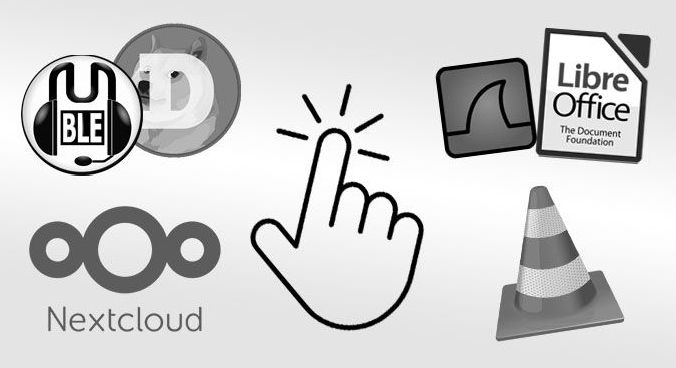Cryptocurrencies like Bitcoin have been billed as a major disruptor to finance. But digital currencies issued by governments might be even more radical—they may even threaten the future of traditional banking.
Read our special report, “The Future of Banking” : https://econ.st/3tuTT8y.
Sign up to our newsletter to keep up to date: https://econ.st/3a6aZmv.
Read more of our coverage on Finance & Economics: https://econ.st/3b0g3cs.
Listen to Economist’s podcast “Money Talks: the age of free money”: https://econ.st/3eUduK3
Is digital yuan set to transform both Chinese and international banking? https://econ.st/3eYqcYb.






